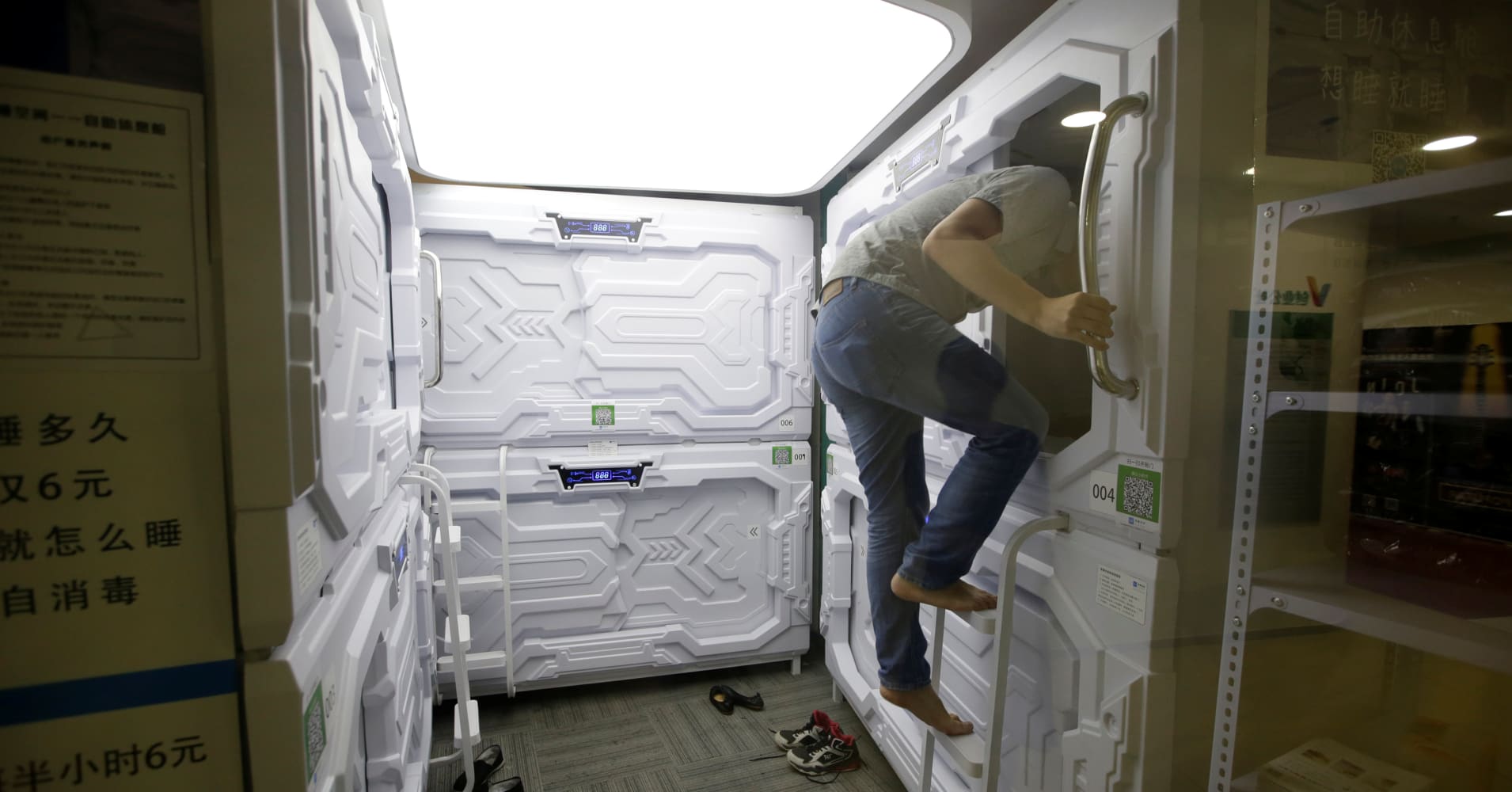
While peer-to-peer car-sharing and ride-sharing may have been around for years, Chinese start-ups have kicked things up a notch by offering shared-electric cars.
Among the services available is EvCard, a rental service offering the shared-use of Chinese-made electric cars. High-end rental options include Teslas or BMWs available at a different fee structure.
After paying a deposit of around 1,000 yuan ($147.40), EvCard users pay 15 yuan ($2.21) for the first half hour of use. Every subsequent minute costs 0.5 yuan, with a day’s use capped at a maximum of 180 yuan ($26.53). This is often cheaper than travelling for an equivalent amount of time by taxi.
While EvCard makes use of a “station” model, where users have to visit specific locations in order to rent or drop off their rental electric car, other car-shares have adopted a “station-less” model — wherein users can park their rental cars in any location — in a bid to differentiate themselves.
Another company offering similar services is Gofun Chuxing, which has a fleet of 1,100 electric cars available in Beijing. TOGO, yet another competitor, provides users with the choice of green models or standard gasoline-powered options, according to local media.
Despite China’s planned quotas on foreign-made electric cars, at least one local service has received support from local government bodies: Shanghai International Auto City Group, a local government project to develop an auto production base in the city, is behind the launch of EvCard.
Such government involvement takes place against the backdrop of Beijing pushing for a bigger role on the global stage in tackling climate change.
Source: Tech CNBC
The world's largest sharing economy has everything: Bikes, basketballs, beds and batteries